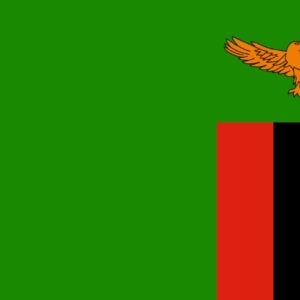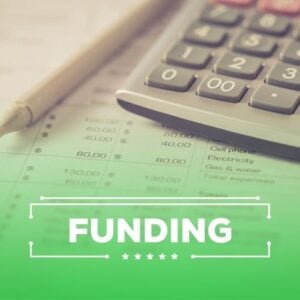Africa’s development faces multiple constraints that limit its ability to achieve full potential. Key challenges include limited economic diversification, weak production capacity, rapid demographic growth, and the intensifying effects of climate change. These issues are compounded by poor governance, political instability, and geopolitical tensions, all of which hinder sustainable progress.
The continent’s heavy reliance on commodities, which account for over 80% of exports, exposes it to global market shocks. Infrastructure deficits in energy, transport, and digital connectivity further reduce competitiveness and access to markets. Nearly 600 million Africans still lack electricity, restricting industrialization and job creation. High unemployment, particularly among youth, remains a persistent challenge as efforts to diversify economies progress slowly.
Africa’s population has increased fivefold since 1960, reaching over 1.5 billion in 2024 and projected to grow to 2.5 billion by 2050. This demographic expansion creates immense demand for education, healthcare, food, and housing. Rapid urbanization has driven the growth of megacities, but infrastructure development has lagged, leading to informal settlements and limited access to basic services.
Climate change adds a severe layer of risk despite Africa contributing only 3–4% of global greenhouse gas emissions. Rising temperatures, droughts, desertification, and floods threaten agriculture, which employs nearly half of the workforce. In the Sahel, warming occurs 1.5 times faster than the global average, worsening food insecurity and water scarcity. Coastal populations face heightened risks, with over 100 million people projected to live in low-lying coastal zones by 2030, a figure expected to double by 2060.
Governance and financing gaps also constrain development. Weak institutions reduce the effectiveness of reforms and infrastructure projects. Africa could mobilize up to $72 billion annually through better fiscal governance, but this still falls short of the $230 billion average financing gap required to achieve the Sustainable Development Goals (SDGs) and Agenda 2063.
To address these challenges, the African Union’s Agenda 2063 and the UN’s 2030 Agenda provide strategic frameworks for socio-economic transformation. Agenda 2063 outlines seven strategic priorities to accelerate growth, strengthen integration, resolve conflicts, and enhance Africa’s global influence. The SDGs complement this vision by addressing economic, social, and environmental issues globally.
A comprehensive approach is needed, balancing economic, social, environmental, and governance dimensions. To support this, IDEP has launched a new training program on Integrated Development Planning. The course will equip development planners with the skills to coordinate policies across sectors, ensuring coherent strategies for inclusive and sustainable growth.
Running from September 8 to October 9, 2025, the five-week online course will be delivered in English and French with interactive virtual sessions. Participants will benefit from quizzes, additional resources, and daily online support from experts. A certificate will be awarded upon successful completion of assessments.
The program targets mid-level and senior civil servants in ministries of planning, economics, and finance, but is also open to managers from sectoral agencies, NGOs, and the private sector. By promoting integrated approaches, the training aims to strengthen Africa’s capacity to meet the ambitious goals of Agenda 2063 and the SDGs.







